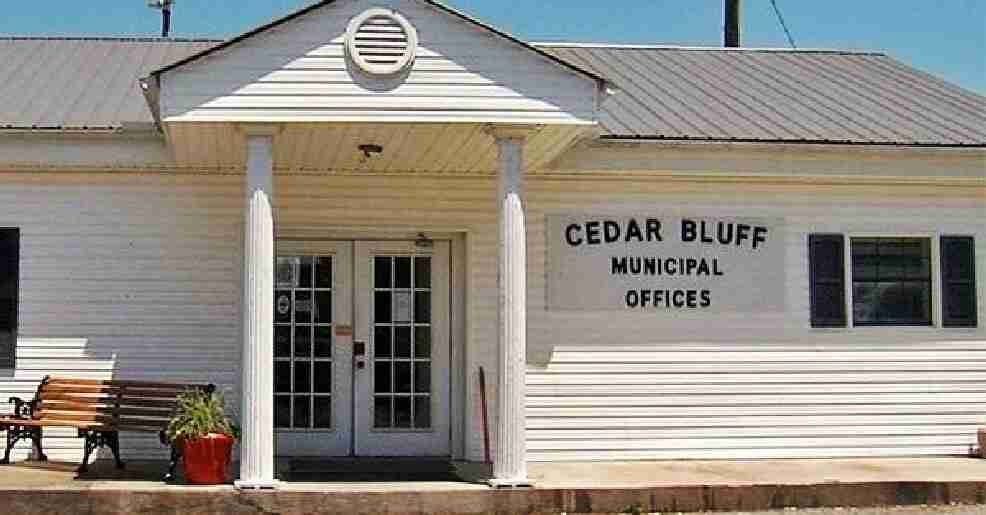
(WASHINGTON) — About half the country has banned abortion sometime before viability and at least 14 states have ceased nearly all abortion services, since the U.S. Supreme Court overturned Roe v. Wade, ending federal protections for abortion rights.
Recent polling suggests this is not in line with the stance of the majority of Americans. According to a recent survey by Pew Research, 62% of Americans say abortion should be legal in all or most cases.
Data from a recent ABC News/Ipsos poll shows that about 6 in 10 Americans (61%) think abortion should be legal in all or most cases versus only 37% who think it should be illegal.
In the months since Roe was overturned, pro-abortion groups have focused on establishing abortion as a right under state constitutions.
In the first state-level test since Roe, Kansas voters decided to preserve access to abortion in an Aug. 2 election. This November, voters in five states, California, Vermont, Michigan, Montana and Kentucky, have abortion-related questions on the ballot.
While abortion is already banned in Kentucky, a conservative initiative that seeks to amend the state constitution to explicitly state that there is no constitutional right to abortion, will be on the ballot on Nov. 8.
If the ballot initiative — known as Amendment 2 — passes, “Kentucky will be just another state where abortion is illegal in all cases and women have to leave the state [and] travel great distances in order to get the care that they need,” Rachel Sweet, campaign manager at Protect Kentucky Access — an abortion rights advocacy group — told ABC News in an interview.
If the initiative passes and abortion rights are challenged in state court, any abortion-related legislation passed by lawmakers would be examined based on the merits of that legislation, Addia Wuchner, executive director of anti-abortion group Kentucky Right to Life, told ABC News in an interview.
Wuchner contends that the amendment on the ballot would not enshrine any policy into law and would allow lawmakers to pass legislation either way the pendulum swings. But, she also said, “Kentucky has a history of being pro-life [and] pro-family.”
Adding, “[T]here’s not a right in our constitution to terminate the life of another person.”
Even before abortions were banned in Kentucky, access was limited with only two abortion clinics in the state. In 2021, those clinics performed about 4,400 abortions, most of which were within the first several weeks after fertilization, according to a report from Kentucky Public Health.
Since Roe was overturned, 66 clinics across 15 states have stopped offering abortion services, according to the Guttmacher Institute. Some Americans are now at an 800-mile drive away from their nearest abortion clinic, according to data gathered by the Myers Abortion Facility Database.
Clinics across the U.S. provided 10,000 fewer abortions in the first few months after Roe was overturned, according to data gathered by #WeCount/Society of Family Planning..
Sweet said she has heard stories from people about their experiences with abortions or pregnancy loss, which she says have kept her going. Since Roe was overturned, Sweet also said she has seen people who have never canvassed or knocked on doors before sign up to talk to their neighbors about abortion rights, saying “they are ready and raring to go.”
About 20 abortion transport volunteers with an abortion rights group called the Kentucky Health Justice Network are driving Kentucky patients, who have no way of getting to clinics or can’t afford to travel for care, to out-of-state clinics. Patients are often referred to the group by out-of-state abortion clinics, where there are often few appointments and long wait times.
“The longest drive I personally have done was to Asheville, North Carolina, which is about a six-hour drive from Louisville each way,” Anastasia, a Kentucky Health Justice Network volunteer who asked that only her first name be used, told ABC News in an interview.
For that drive, she said she got up at around 2:30 a.m. that day and was home around 7 p.m.
“It’s satisfying in the sense that I’m helping someone in a very practical, visible way. But also … frustration that this type of help is necessary,” she said.
Despite the flux in the status of abortion access in many states, activists say their determination is unwavering.
“We’re all learning this together. I think that every week we learn something new, and every week something else changes. So I think that it’s been difficult for all of us to tread these waters. But I think that we’re all dedicated to our mission,” Savannah Trebuna, the abortion fund program director at the Kentucky Health Justice Network, told ABC News.
“The fact of the matter is, a person who does not want to be pregnant should have the option to not be pregnant,” Trebuna added.
Copyright © 2022, ABC Audio. All rights reserved.


